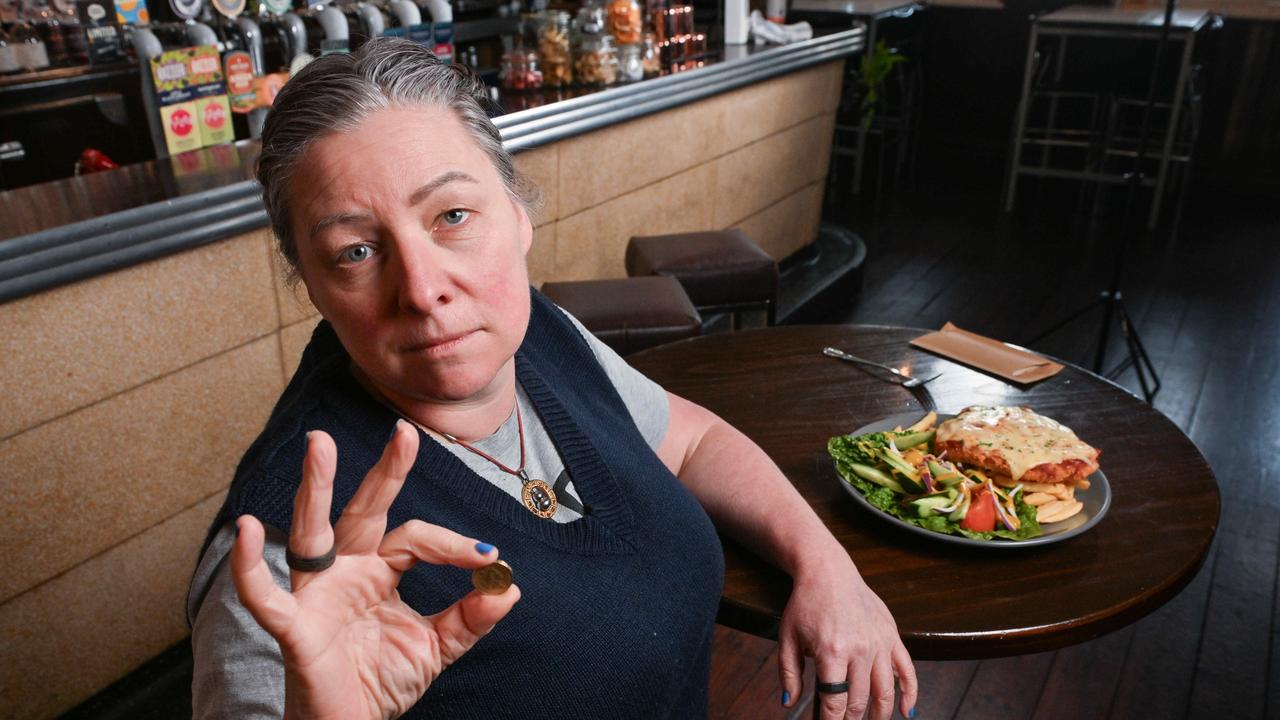Why everything we know about female strength training could be wrong
Women and men are not built the same

Lifestyle
Don't miss out on the headlines from Lifestyle. Followed categories will be added to My News.
Researchers have found the guidelines have been largely based on the male body, meaning the findings might differ for women.
A new UNSW Sydney study has lifted the lid on the misogyny within the sport health research field – and it means you’ve been exercising all wrong.
In fact, we now know 70 per cent of exercise data is actually based on biological males.
“Female participants are underrepresented in resistance training research cited in both youth and adult guidelines,” Dr Mandy Hagstrom, senior lecturer in exercise science at UNSW Medicine and senior author on the study revealed.
Like what you see? Sign up to our bodyandsoul.com.au newsletter for more stories like this.
In many cases, the guidelines don’t even acknowledge this bias.
“We're making assumptions the male data is appropriate to everyone,” she said, and insisted male biology is not the standard, and we need to change that thinking.
“The problem runs so deep it even shows up in cellular research – when basic science researchers are doing single-cell studies, they’re more likely to use male cells,” Hagstrom explained further.
“We have this whole research pipeline in which there's an underrepresentation of females, which is why there's this flow-on effect in terms of our lack of understanding.”
One of the biggest instances of this flow-on effect is the guidelines for strength and resistance training. From the appropriate weights to repetitions and how often we do them, they're generally based on male data.
UNSW researchers analysed 11 guidelines from peak national bodies across the world, including the Australian Strength and Conditioning Association, the UK Strength and Conditioning Association, and the American College of Sports Medicine – most of which were published from the early noughties, with findings from close to 100 million participants.
It might, or might not, surprise you to learn female participants accounted for less than a third of data in the youth and adult categories. Older female participants had better numbers, making up 54 per cent. Hagstrom was actually surprised by the latter.

“I found it surprising that the older adult cohort was more representative of the actual population,” Hagstrom said, pointing the finger at more research into strength training in relation to menopause.
“Menopausal women are at an increased risk for cardiovascular disease, reductions in bone, mineral density, and osteoporosis – and all these things are addressed by resistance training.”
More women take up strength training for this reason.
“There's so much evidence showing strength training is important in all sorts of clinical populations, from symptom relief through to prevention of disease, as well as just maintenance of health and longevity,” says Dr Hagstrom.
“And because it's so important, that makes the need to understand if, and how, it impacts our bodies differently even more important.”
Now Hagstrom wants to delve into how women can get the best results from strength and resistance training, but now new research and data need to be formed.
Unfortunately, that could take some time given the lack of research previously undertaken.
“The study gave us some really interesting data, but we don't know why. And without knowing why, then we won’t know how to fix it.”
Originally published as Why everything we know about female strength training could be wrong


